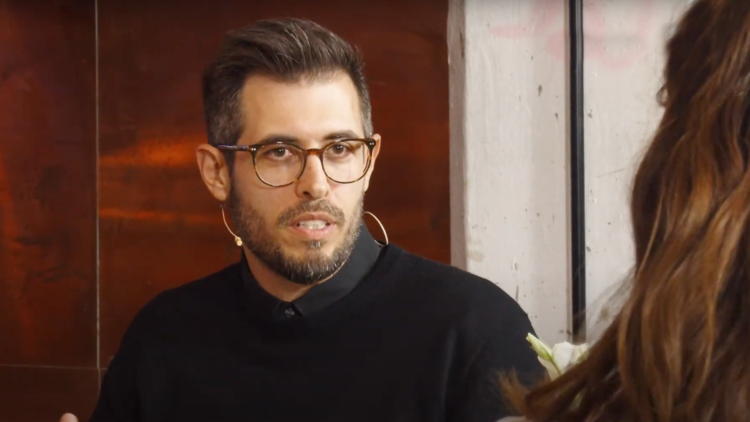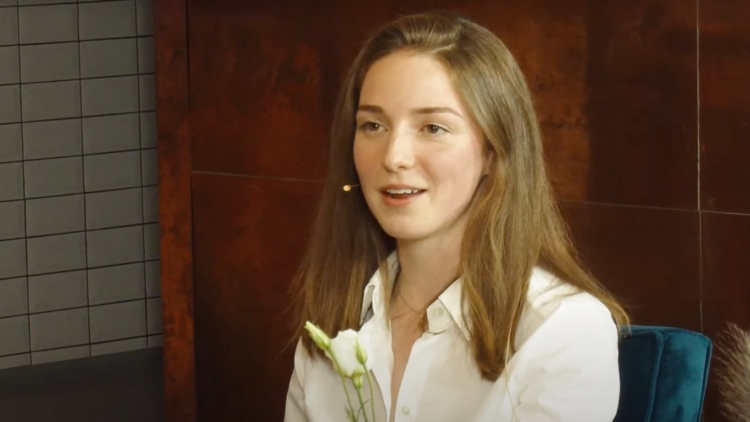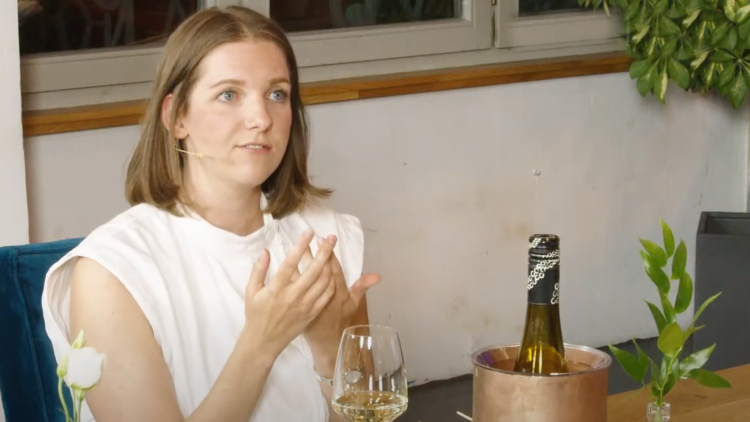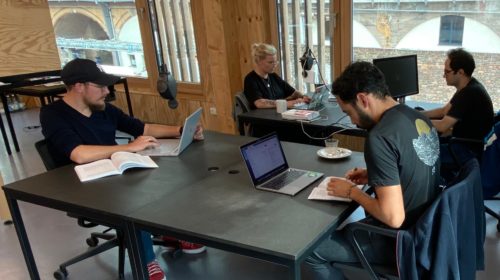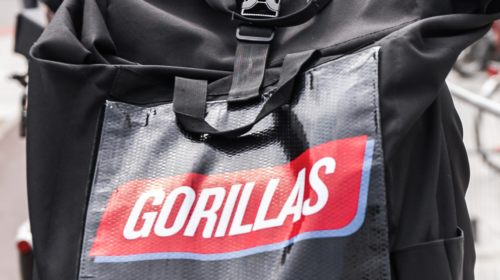
September 29, 2020
4 Foodtech Insights From The Next Bite Show
The Next Bite Show was created before the outbreak of COVID-19 in March 2020. The event, conversations, and insights took on another level of importance after the pandemic radically disrupted business and the food sector.
However, the panels and table discussions at the Next Bite Show were not just centered around the crisis. Our 16 industry experts were focused on a drastic re-prioritization of the business prompted by many factors.
Read on for our top Foodtech insights from the event.
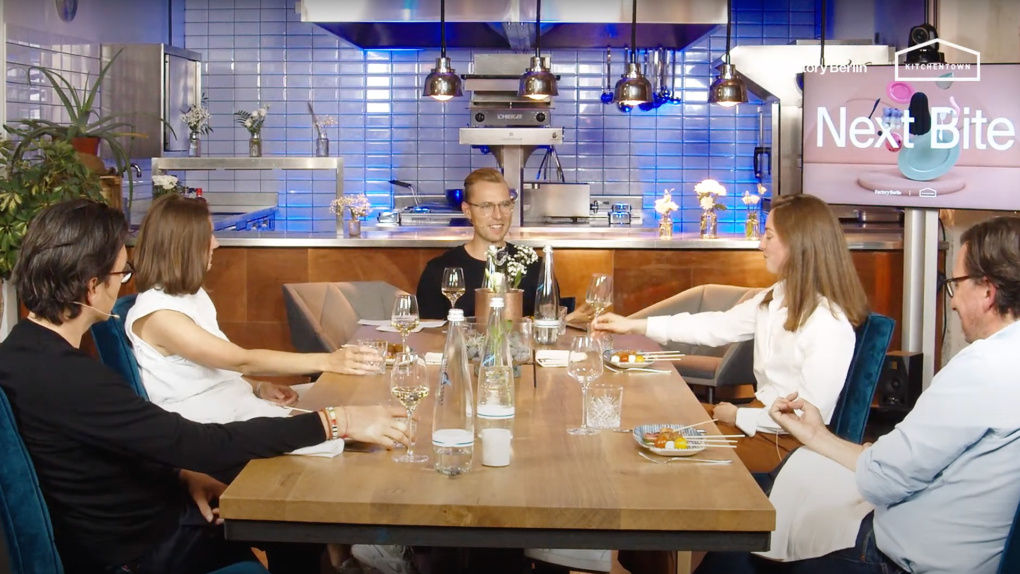
Education is essential to change consumer behavior: pricing is not enough.
Die Gemeinschaft’s Friederike Gaedke mentioned the role that providers have in educating the consumer on more sustainable habits. ‘We have to say at some point, “no we don’t have that on the menu, because we can’t get it.”‘ As long as we have this ‘customer is king mindset’ we’ll never encourage behavioral change.
Providers have to educate the consumer on the real cost of certain foods because price is not an adequate representation of them. As Christian Hamerle says ‘cheap food is much more expensive than expensive food.’
“Cheap food is much more expensive than expensive food. ”
Can Foodtech innovations be better for the planet, without compromising our health?
Vly Foods’ Co-founder, Nicolas Hartmann, posed an interesting question to the table. ‘Animal fat is not known for good health benefits – how do you think about this when designing a product for the future?’
The group didn’t come to a conclusion on this topic, but it was clear that the technology is still too underdeveloped to think about fixing all our problems in one go. ‘The value chain of cultivated meat is extremely complex, and the health factor will come maybe in the second or third generation’ explained Eva Sommer, Co-founder of Peace of Meat.
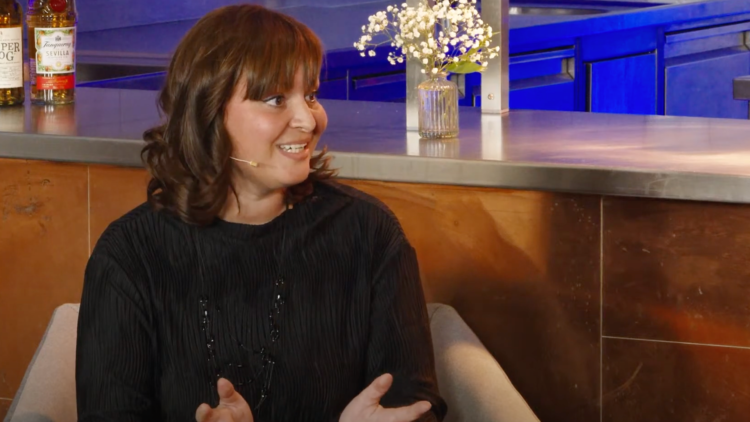
“I’m not interested in the health factor right now […] for now we need to create a product that recreates the emotional feeling of eating meat.”
COVID19 has both closed and opened doors for the hospitality industry.
beets&roots‘ Max Kochen told of their shift from B2B food delivery to a DTC model. They now use food ordering platforms as an avenue to promote their brand and continue operation. ‘COVID has given us the opportunity to test new things. The lack of competition in Germany on food [delivery] platforms put us in the [position] to do it.’
And the COVID-19 outbreak has also put further emphasis on the need for consumers to adopt healthier lifestyles. As Dinah Hoffmann from Kantine der Zukunft said, ‘the pandemic showed that it is an important factor in having resilient societies. People with a healthier [diet] are less likely to have a negative outcome if they get the virus.’
“The industry has to change anyway - this is part of the good news.”
There’s no single Foodtech solution for a more sustainable industry.
Alexander Holzknecht from Motatos mentioned that people are definitely driven to purchase from brands with sustainable practices. However both he and Jonas Bieber noted that while we’re seeing an improvement, we’re not there yet. ‘If you look into it really deeply, you’ll realise that everything is a compromise – that’s just the truth.’ Everything we do to become more sustainable is also likely to have side-effects, ‘but we are evolving, we are trying to do things better.’
It’s obvious that Foodtech innovations are no longer a luxury in the industry – adoption is essential. Whether the climate crisis, health issues from modern diets, or the COVID19 pandemic is the motivator, one thing is clear. Consumers, producers and innovators are all primed to make a change.
Catch up with the full event over on Factory Berlin TV, get to know the KitchenTown community or take a look at other upcoming events from Factory Berlin.
A big thanks to event partners KitchenTown, and our guest experts – discover more on the Next Bite Show page.
